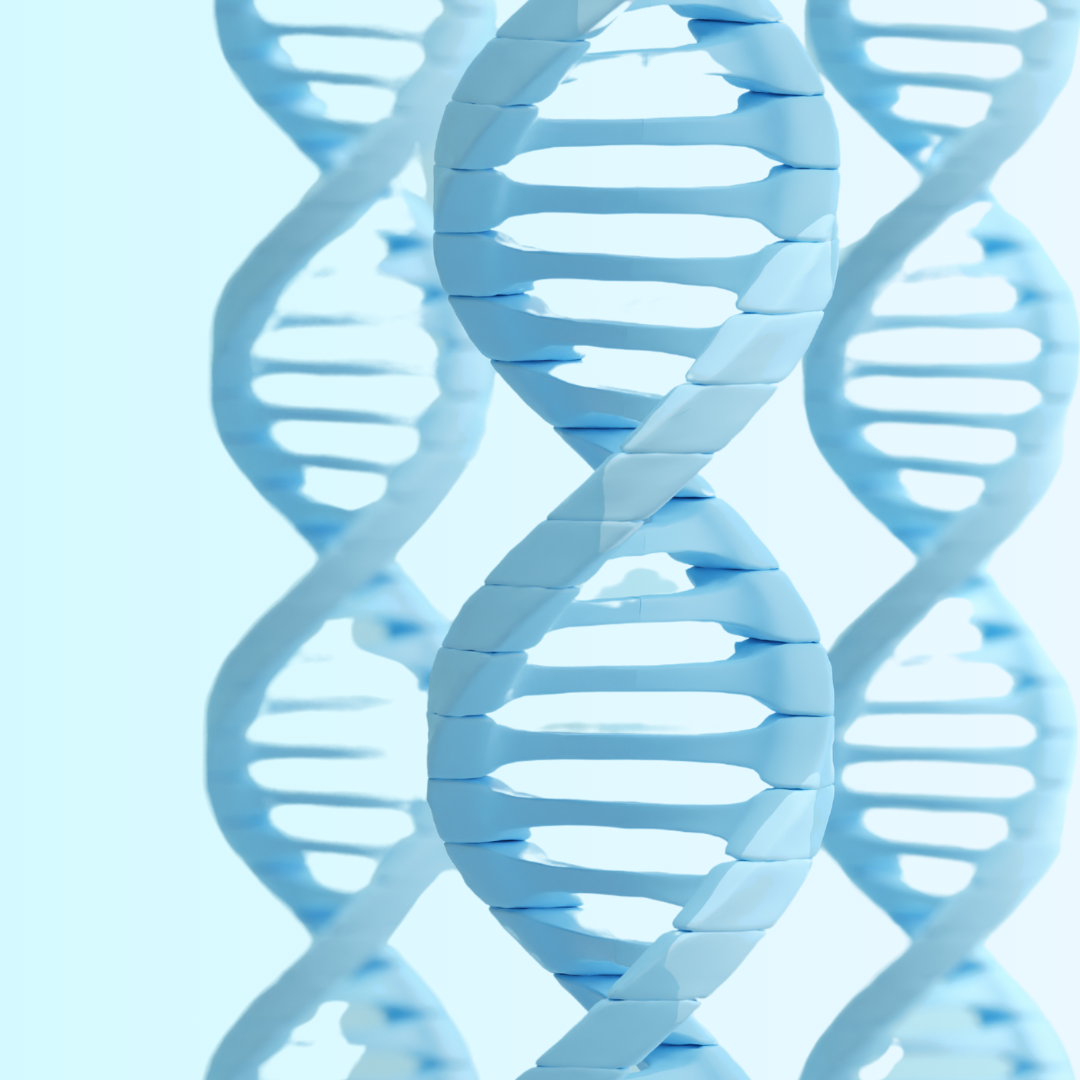Katie Hasson
Katie Hasson, PhD, writes, speaks, researches, and teaches about the social and political aspects of human genetic and reproductive technologies. Katie earned her PhD in Sociology with a Designated Emphasis in Women, Gender, and Sexuality from the University of California, Berkeley, and was previously Assistant Professor of Sociology and Gender Studies at the University of Southern California.

Publications
In the News
Biopolitical Times
This week in London, some 400 people from around the world – including scientists, bioethicists, patients, journalists, civil society groups...
Rehua, CC BY-SA 3.0, via Wikimedia Commons
James Wilson, director of the Gene Therapy Program at Penn’s...









